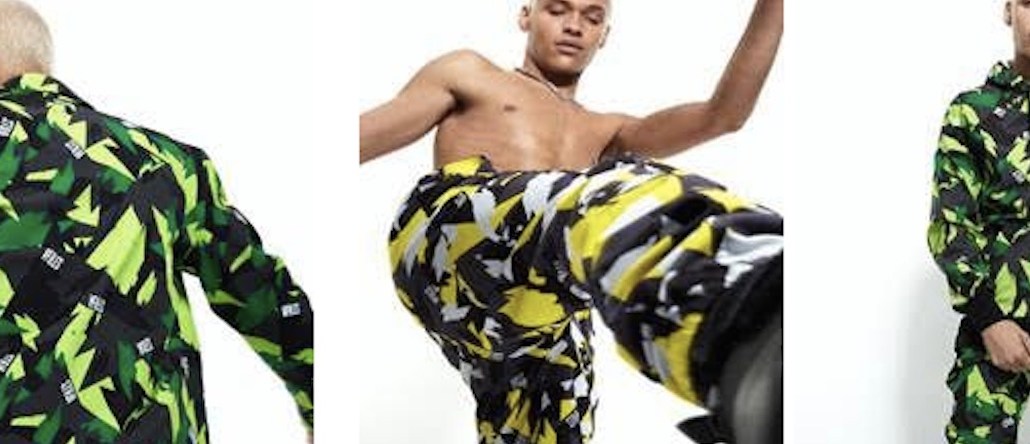Last chance to save on Digiday Publishing Summit passes is February 9

In early November, streetwear brand VFiles launched Camo Out, a camouflage clothing collection that doubled as wearable tech. First premiering at the brand’s New York Fashion Week showcase in September, the collection also was part of a larger “The Camo Collective” experience at ComplexCon, the media brand’s annual culture festival in Long Beach, California.
But behind these seemingly cutting-edge collaborations was one less hip name: PepsiCo, whose Mountain Dew brand came up with the idea for the collection and the experience at ComplexCon.
The entire project came out of Creator, the company’s self-described catalyst group with a mission to “explore the edges of culture” — basically, gin up creative marketing. The group has done a bunch of other things too: In August, it launched “Fast Pitch,” where employees from across its North America marketing groups across the suite of PepsiCo brands pitched startup ideas to a team of judges. For Milan Design Week in April, it created a “boutique sensorium” where dining experiences like flavor atomizers were presented.
With marketers constantly being told to be more “innovative” or “nimble,” and looking enviously at Silicon Valley companies to whom these things seem to come easily, Creator is just the latest example of a big brand trying to come up with collaboration ideas that are outside the box.
It was Mountain Dew, itself a culturally relevant brand to the streetwear community, that brought the idea of camouflage clothing that doubled as wearable tech — Bluetooth-enabled parkas with speakers, solar panel backpacks, tracksuits with earbuds built in and a cap that also takes pictures and video. Costs of the items range between $50 and $400 per piece.
Creator was launched two years ago with the idea of bringing the innovation of PepsiCo’s drinks R&D team had to its marketing. “We always have volume targets,” said Carlos Saavedra, head of Creator, speaking of the sales goals teams need to reach. “But we do need to take some risks and understand what may connect with customers in three to five years.”
For example, the team a few months ago was doing a lot of work with VR before headsets like the Samsung Gear had launched. The rest of the company looked at them like “they had two heads,” but now, brand teams are creating content in VR. And then there are drones: Marriott hotels are using drones to mix drinks with PepsiCo products.
The seven-person team has made a few missteps along the way, said Saavedra. For example, he had high hopes for holograms a year ago. “That was random and futuristic.”
Creator is only the latest ploy to get PepsiCo to be more innovative: In 2010, the brand was one of the first to launch startup incubator programs. In 2012, PepsiCo moved a bunch of its digital marketing employees into WeWork spaces so they could toil alongside early stage startups in the hope of learning about nimbleness and innovation from them. Microsoft this year announced it was doing the same.
More in Marketing

Star power, AI jabs and Free Bird: Digiday’s guide to what was in and out at the Super Bowl
This year’s Big Game saw established brands lean heavily on star power, patriotic iconography and the occasional needle drop.

In Q1, marketers pivot to spending backed by AI and measurement
Q1 budget shifts reflect marketers’ growing focus on data, AI, measurement and where branding actually pays off.

GLP-1 draws pharma advertisers to double down on the Super Bowl
Could this be the last year Novo Nordisk, Boehringer Ingelheim, Hims & Hers, Novartis, Ro, and Lilly all run spots during the Big Game?





